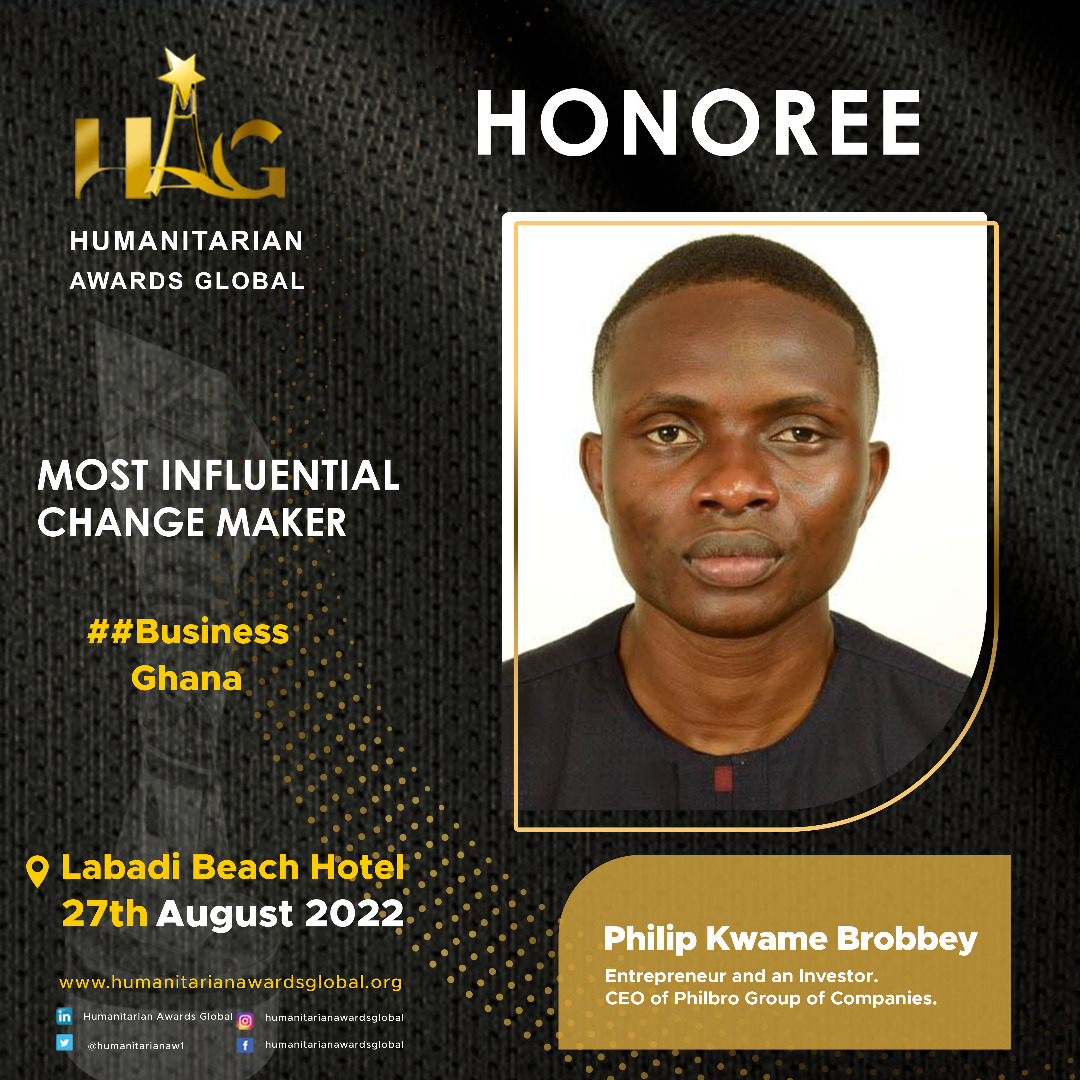Men who identify as incels blame women for their absence of sexual and/or romantic satisfaction and believe they are "involuntarily chaste." We still struggle to address the underlying reasons why so many young men are driven to this risky and harmful activity, despite psychological studies exploring the incel issue.
Here are two observations that can put this problem in perspective and successfully discourage young guys from joining incel or other comparable movements like men's rights activism (MRAs), men who go their own way (MGTOWs), and father's rights organizations.
1. Young males who support the incel movement frequently experience marginalization
Jordan Peterson, a contentious Canadian psychologist, was asked if he viewed himself as the "intellectual hero" of the incel movement in an interview with British journalist Piers Morgan in 2022.
Peterson answered: “It’s very difficult to understand how demoralized people are, and certainly, many young men are in that category. They don’t know how to make themselves attractive to women who tend to be picky, and rightly so. But these men are lonesome, and everyone piles abuse on them.”
According to a new research published in Current Psychology, incels feel less social support and greater loneliness than non-incel men. Numerous relationship and mental health problems are linked to this. These lonely guys gravitate to online communities that seem to "understand" them because of common experiences, but they don't realize how toxic they are until they do.
The incel community is characterized by a deep-seated sense of inferiority and sexual and romantic insignificance, which takes the shape of hatred for women, whom they hold personally accountable for their problems. As soon as they are indoctrinated into the community's beliefs, a herd mentality takes hold and prevents them from escaping the bonds of severe sexism, which further marginalizes them.
It is crucial to reevaluate how we, as a culture, handle persons who might feel ugly or otherwise unseen by the other gender, in order to remedy this. A supportive attitude to self-improvement has to become the norm, and there needs to be a reduction in the widespread ridiculing, bullying, meme-ifying, and othering of persons who are lonely.
Not everyone who feels isolated seeks assistance from poisonous networks, of course. The incel community frequently draws individuals with specific pre-existing psychopathologies, which brings us to the following observation
2. Incels frequently have severe, untreated mental health issues
According to a recent study that was published in The Journal of Sexual Medicine, males who scored highly on incel qualities also had a higher likelihood of being sad, worried, and paranoid. The same males were also shown to be more inclined to have a scared attachment style than guys who scored poorly on incel features. The study also discovered that the formation of incel features might be predicted by having high paranoia, despair, and frightened attachment scores.
According to Dr. Giacomo Ciocca, the study's principal author, who said this in an interview: “Health professional operators and psychologists should be trained to assess eventual deviant incel subjects.”
The key to halting the spread of the toxic subculture may lie in identifying incel-like attitudes in patients who present to treatment with symptoms of depression, anxiety, or paranoia associated with romantic relationships. Once indoctrinated, incels are unlikely to respond well to therapeutic intervention because they may perceive it as an attempt to dominate and subordinate them so that they would become submissive "beta" guys.
The study also discovered that a secure attachment style may be able to shield those with high paranoia and despair scores from adopting an incel attitude.
Conclusion
Men in the incel community are a socially abnormal group that experience mental health problems. These males, who were probably ostracized before joining the movement, see the group as uplifting and don't realize that they are sinking farther into a hole of negativity, ugliness, and misery. The greatest strategy to keep ahead of the problem is to increase investment in preventative mental health, i.e., offering therapy, support, and services to disenfranchised people.
Related Posts









.jpg)